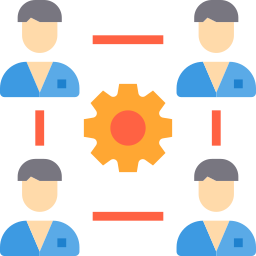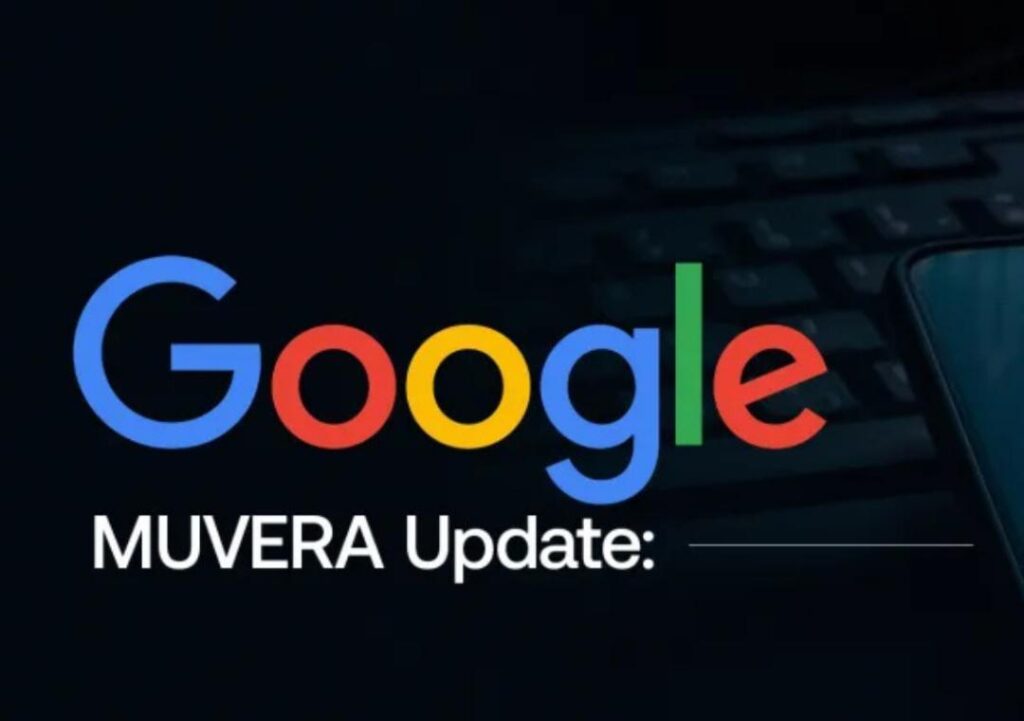Switzerland is no stranger to pioneering innovation — from precision engineering to ethical tech leadership. Now, it’s taking a bold new step into the future of artificial intelligence.
Meet Apertus, Switzerland’s first large-scale, open-source, multilingual large language model (LLM) — designed to redefine what transparent AI can be.
Developed under the Swiss AI Initiative by researchers from EPFL, ETH Zurich, and the Swiss National Supercomputing Centre (CSCS), Apertus aims to empower developers, organizations, and entire communities with a sovereign AI backbone that’s as open as it is powerful.
A New Chapter for AI Transparency
Most AI models today are closed black boxes — impressive, yes, but opaque. Apertus changes that.
Everything about it — from training data and architecture to model weights — is fully documented and open to the public.
And with support for over 1,000 languages, including Swiss German, Romansh, and other underrepresented languages, Apertus doesn’t just talk about inclusion — it’s built on it.
“Apertus is not just a model. It’s a movement toward democratizing AI for everyone, everywhere.”
Why Openness Matters
Transparency in AI isn’t just a nice-to-have — it’s what builds trust.
With Apertus, researchers and practitioners can verify how the model was built, what data it was trained on, and how it behaves.
That means fewer secrets, more collaboration, and a foundation that invites innovation — not gatekeeping.
In practical terms:
-
All datasets, weights, and training recipes are open-licensed.
-
You can reproduce, audit, or even improve the model yourself.
-
Biases, strengths, and limitations are visible — not hidden behind proprietary walls.
Apertus makes AI verifiable, inspectable, and reusable — something few large-scale LLMs can claim.
Multilingual by Design — Not as an Afterthought
Unlike most global models that default to English, Apertus flips the script.
Nearly 40% of its dataset is non-English, representing over a thousand languages.
That means:
-
Swiss identity is built in — supporting Swiss German, Romansh, and regional dialects.
-
Low-resource languages finally have a seat at the AI table.
-
Cultural preservation becomes a technological reality.
For many communities, Apertus is the first high-capacity model to support their language — enabling digital inclusion at scale.
Inside Apertus: The Tech Behind the Talk
Apertus comes in two main versions:
-
Apertus-8B – Lightweight, fast, and ideal for researchers or SMEs.
-
Apertus-70B – Enterprise-grade power for production and large-scale deployments.
Both are built on modern transformer architectures, optimized for performance and reproducibility.
They can run anywhere — from local servers to national cloud infrastructures.
Apertus Model Comparison
| Model Size | Parameters | Intended Audience | Typical Use Cases |
|---|---|---|---|
| Apertus-8B | 8 billion | Individuals, SMEs | Prototyping, education, local deployment |
| Apertus-70B | 70 billion | Enterprises, Academia | High-demand applications, research, production APIs |
Training took place on Switzerland’s supercomputing backbone (CSCS), using:
-
Distributed GPU training for efficiency
-
Regular checkpoints for transparency
-
Full public access to configs, recipes, and scripts
In other words, what you see is what you can build upon.
Built for Integration
Apertus fits seamlessly into existing AI ecosystems:
-
Transformers (Hugging Face)
-
vLLM for production-scale inference
-
llama.cpp for CPU and edge devices
-
SGLang and MLX for flexible experimentation
Developers can download the models directly from Hugging Face and start experimenting with public demos, APIs, or local deployments.
Everything is documented and open — no NDAs, no commercial restrictions.
Ethics and Compliance First
Apertus doesn’t just meet Swiss and European AI standards — it helps define them.
-
Built in line with Swiss data protection law and the EU AI Act
-
No private or proprietary data used in training
-
Opt-out compliance for web content owners
-
Multi-stage filtering to remove personal or sensitive information
This makes Apertus one of the most ethically trained large language models to date — safe for institutions, researchers, and enterprises alike.
Real-World Impact
Apertus isn’t just academic — it’s already powering tangible change.
Chatbots & Customer Support:
Banks, insurers, and public agencies can deploy multilingual, privacy-compliant chat systems that reflect Switzerland’s linguistic diversity.
Education & Research:
Teachers and students gain tools that speak their language — literally. Researchers gain unprecedented transparency for bias and reproducibility studies.
Cultural Preservation:
Minority languages and dialects find a digital voice, helping to preserve cultural heritage in the age of AI.
A Collaborative Swiss Achievement
Apertus exists because of a uniquely Swiss tradition — collaboration across disciplines.
It’s the product of a national effort uniting academia, infrastructure, and ethics:
-
EPFL for AI and open science leadership
-
ETH Zurich for research excellence
-
CSCS for the computational muscle that made it possible
Together, they’ve built a model that’s not just Swiss — it’s sovereign, transparent, and open to the world.
Why It Matters — And What Comes Next
In an era when AI systems shape economies, cultures, and even democracies, control matters.
Apertus gives organizations the ability to host, adapt, and audit their own AI — free from commercial lock-in or foreign dependency.
You can:
-
Download it.
-
Run it locally.
-
Fine-tune it to your needs.
-
Build sovereign chatbots with Open WebUI.
And above all, you can trust it — because every part of it is visible, ethical, and verifiable.
Final Thoughts
Apertus isn’t just Switzerland’s first open LLM.
It’s a statement — that AI can be transparent, inclusive, and responsible without sacrificing performance or innovation.
For developers, researchers, and policy-makers, it’s a blueprint for what sovereign AI can look like.
And for the rest of us, it’s a reminder that openness isn’t the opposite of progress — it’s the foundation of it.
Ready to explore open, secure, and sovereign AI?
Let’s build the future — together — with Apertus.
References and Further Reading:
– Apertus LLM Collection on Hugging








